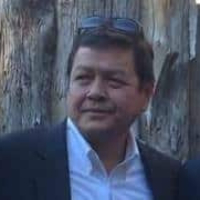 Clements White Collar Crime Lawyers, California
Clements White Collar Crime Lawyers, California
Sponsored Law Firm
-
 x
x

Click For More Info:
-
The Law Offices of Richard L. Cooper, P.A.
848 Brickell Avenue Suite 800 Miami, FL 33131» view mapDWI/DUI, Drug Trafficking, Felony Nationally Ranked Top 40 Under 40
With Richard L. Cooper you can expect a trusted confidant who will work diligently to fully understand your case and determine a road map to help you regain control of your life.
800-756-2781
Sponsored Lawyers
1-10 of 10 matches
Criminal, Felony, Misdemeanor, White Collar Crime, DUI-DWI
Richard Dudek knows the Sacramento courts, procedures and prosecutors. Our highly skilled defense team includes licensed private investigators who use their skills to uncover the facts and find evidence supporting your innocence. With over 30 years of criminal law experience, Richard Dudek recognizes that an effective defense comes from unrelenting investigation coupled with rigorous legal preparation.
(more)



 Richard L. Cooper Miami, FL
Richard L. Cooper Miami, FL AboutMiami Attorney at Law
AboutMiami Attorney at Law ServicesCriminal Defense
ServicesCriminal Defense


